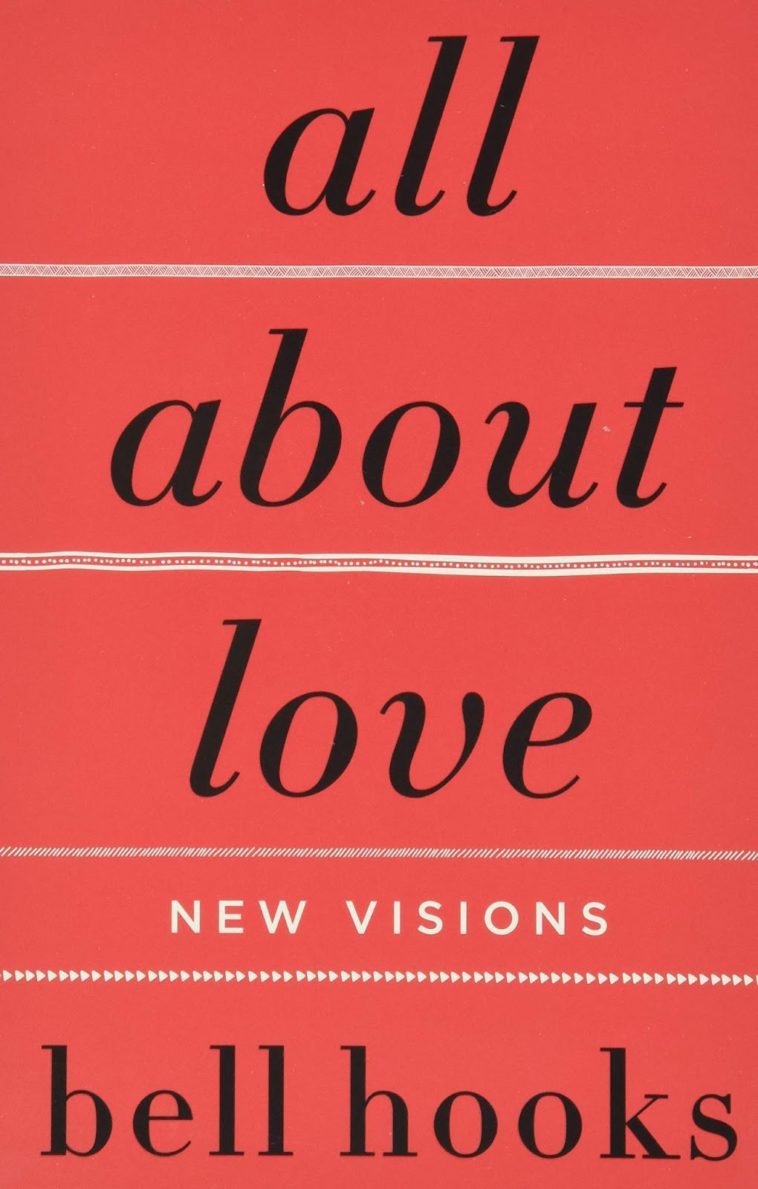h2>Dating : Books That Help You Become A Better Partner
When even experience doesn’t help you anymore, there are books to turn to. What better way to look for guidance than in books that have been written by experts?
This doesn’t mean that you go buy your significant other a book about how to do better in your relationship. No, flowers and chocolates will yield better results in that department. But in case you’ve been taking stock of the state of things lately, you may need advice to turn to.
The ability to be a good partner and friend isn’t something you were born with — it’s a learned skill, and one every person should stand to brush up on from time to time.
After all, so many factors affect how we function in relationships, from past baggage to personal communication styles. And the more you understand, the better equipped you are to truly connect with and show up for others.
Of course, you can always choose to go to a couples therapist or even psychologist. But if you want to take things into your own hands, then here are relationship books that can start you up.
In this book, Hooks writes “The word ‘love’ is most often defined as a noun…yet we would all love better if we used it as a verb,” underscoring her main argument that society fails to provide us a model for learning to love. She pushes back against the societal emphasis on romantic love. Instead, she challenges readers to heal from cynicism and embrace love as an act of caring, compassion, and strength that can improve all sectors of our lives.
This book will help you learn why most of your relationships are messed up in the exact same way. It also helps you understand why some of you are dating people who act exactly like your mothers and why most of your fights are about stupid and irrelevant things that you can’t let go.
Hendrix gives an actual, logical, reasonable-sounding explanation for why our relationships rub against our sorest places so much. Basically, our interactions with our parents draw our “emotional maps” of what love means, what acceptance feels like, what being a good person is, etc. These maps then filter who we’re attracted to as adults.
You may tend to experience intense chemistry with some women because they, unbeknownst to you, reflect back on your definitions of love, compassion, acceptance and so on. You might not even notice, but if your partner has been doing things your mom does, then you might need to evaluate what you really want in a relationship.
Psychologist John Gottman is one of the foremost experts in marriage. He’s written or co-written over 200 published academic articles and more than 40 books. He also co-designed the national clinical training program in Gottman Method Couples Therapy with his wife, Julie Gottman.
The point here is that he’s kind of a big deal and his work is worth reading. “The Seven Principles for Making Marriage Work” is perhaps one of his best-known books and something of a culmination of his research. Despite the title, many readers find it to be a helpful blueprint for all kinds of committed relationships, not just marriage.
Johnson is the originator of Emotionally-Focused Therapy (EFT). ETF is known as the therapeutic method that cleans up the messes in most relationships. Out of all of the forms of couples therapy and marriage counseling, EFT apparently has the highest hit rate of them all.
Johnson realized that romantic relationships were largely driven by unconscious emotions and desires. Arguments, memories, and identities — i.e., what most people focus on — were thus secondary to the underlying emotional pain in each person. Johnson then had the brilliant idea of saying screw all that other stuff. If these are emotional problems, let’s try to find emotional solutions, and voila! People stopped hating each other as much.
“Hold Me Tight” is an excellent overview of a) the emotional patterns that arise when we’re hurting and having relationship issues, and b) the discussions that can help us repair those patterns. It’s a quick read. Also, it’s really popular.
Dr. Carole Lieberman and Guy Winch both recommend Chapman’s The Five Love Languages. The book — a practical, step-by-step manual — helps people figure out which of five “love languages” (affirmation, gifts, acts of service, quality time, and physical touch) their partner speaks, and how to use that knowledge to better communicate with them.
This book has proven to be an essential resource for clients in understanding that we all experience love in different ways. One partner may give kind words because that’s what she needs in order to feel loved, but her partner may need quality time instead. Giving what your mate needs rather than what you need increases your chances of feeling connected.
The full title of this book is “Not Nice: Stop People Pleasing, Staying Silent, & Feeling Guilty and Start Speaking Up, Saying No, Asking Boldly, and Unapologetically Being Yourself”. Which is kind of a mouthful but pretty much sums up why it’s so helpful.
After all, when you don’t feel empowered to speak freely in your relationships, it’s difficult to make authentic connections. Not Nice has actionable tips for leaving behind people-pleasing tendencies and insecurities.
Trial and Error
Okay, real talk.
Relationships , as we all know, can be difficult and complicated. Nothing is ever made easy for us humans, especially if it’s something we really want or if it’s something worthwhile. If you want to have a good and healthy relationship with your partner, then work is needed. On both sides.
Few people know that there are some pretty clear signals to know if a relationship is going to work or not. And books can only get you so far. Experience really has a hand in making things work out for you. After all, it’s all about trial and error.


